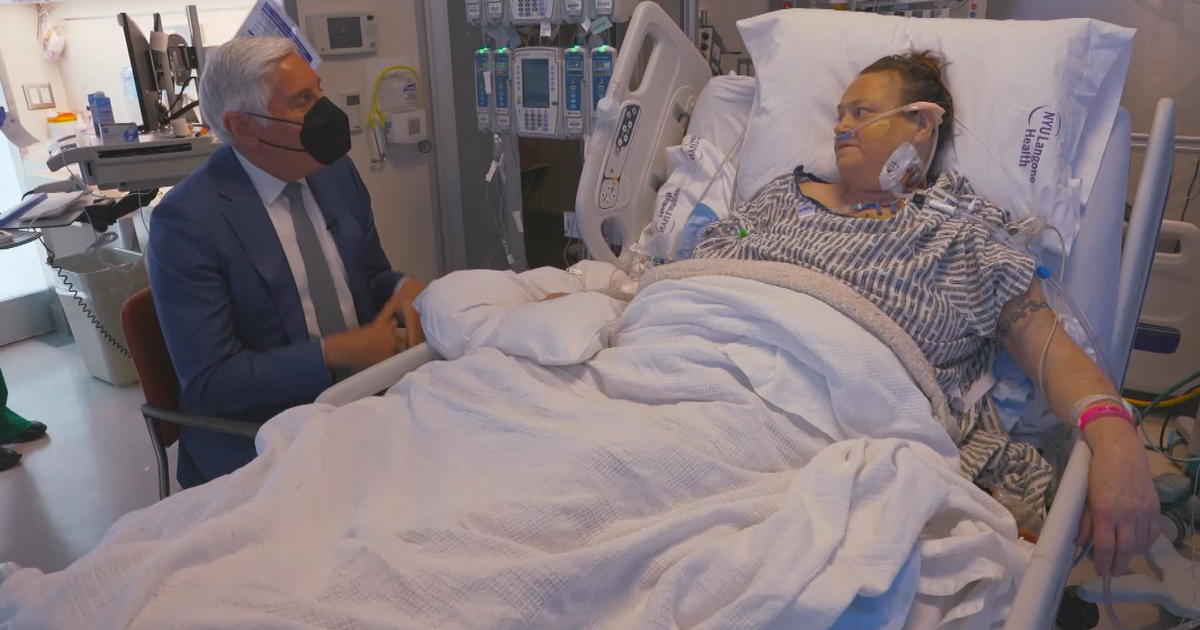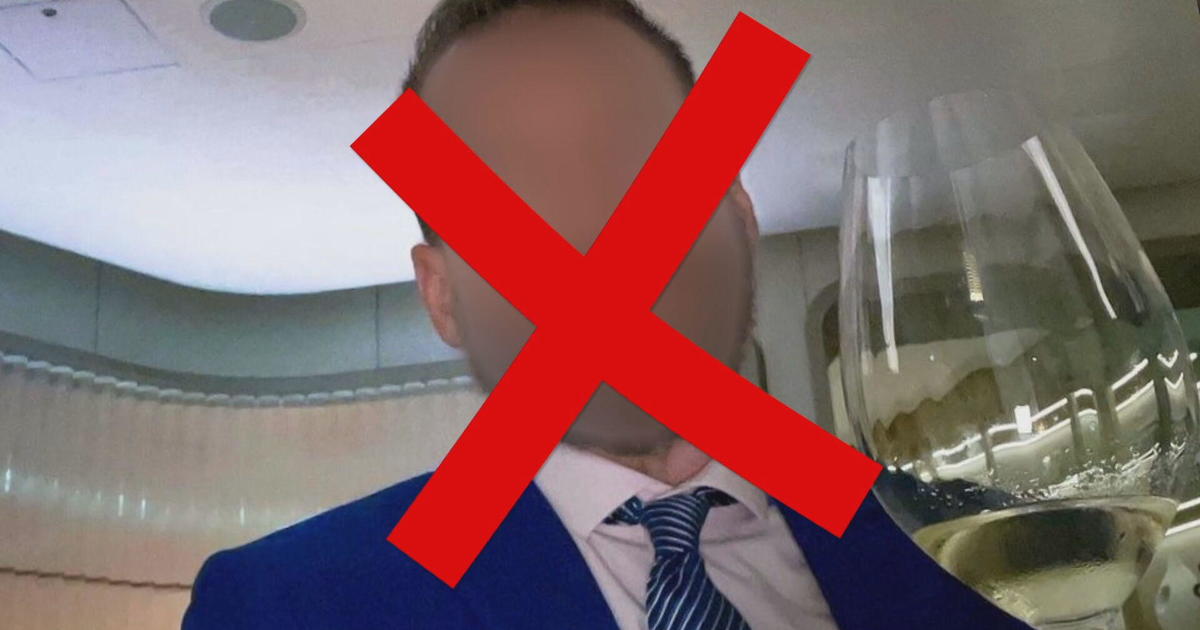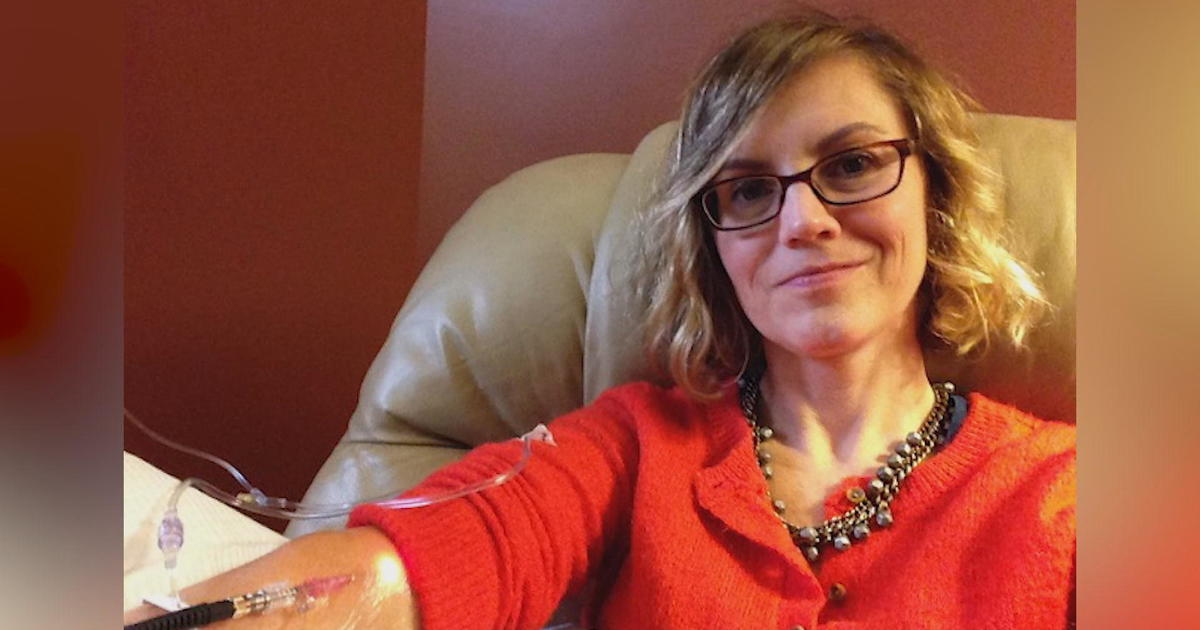Health: New Treatment Could Prevent Severe Disabilities In Trauma Patients
By Stephanie Stahl
PHILaDELPHIA (CBS) -- Traumatic brain injuries are often fatal or leave people with severe disabilities. Now a breakthrough treatment is being tested here in Philadelphia that could change everything. 3 On Your Side Health Reporter speaks with a patient who wasn't expect to survive.
It was the worst kind of accident, a motorcycle crash. He wasn't wearing a helmet, and suffered a catastrophic brain injury.
"It was heart breaking. It was tough," said Anna Huffman, who's husband Roger was in the accident this past October. Doctors said he was close to death. If he survived he could be severely disabled.
"If it was paralyzed or death, I'd take the death," said Roger.
There were weeks of uncertainty, and desperation for the Pottsgrove couple who've been married 46 years.
"When I was in the hospital I had a love hate relationship with her. I love seeing her coming to the hospital to see me. Oh God did I hate to see her leave," said Roger.
There are no more painful goodbyes. 65-year-old Roger beat the odds and is fine now, except for being a little more emotional than usual.
His remarkable recovery might be because of a new experimental treatment.
"He's doing amazingly well considering the extent of his injuries," said Dr. Mark Saks, at Hahnemann University Hospital. He is testing the pregnancy hormone progesterone on brain injured patients.
"It is active during early pregnancy in fetal tissue, and it turns out that both men and women have progesterone receptors in our brains," said Dr. Saks.
It's not clear exactly how or why it might work, but progesterone, given over 96 hours following an injury, appears to reduce brain swelling, and repairs damaged cells.
"It's hoped that progesterone will be the first drug that is effective in the treatment of traumatic brain injury, right now there is no effective treatment," said Dr. Saks.
Patients in the study, like Roger, won't know until the study is over whether they got progesterone or a placebo. But the Huffman's think he received the drug.
"I haven't forgotten anything. The only thing I don't remember is the accident," said Roger.
And now they're looking forward to spending more time with their grandchildren.
"I wanted to see her grow up and I didn't know if I was going to make it or not," said Roger, of his grandchild.
Roger is still being carefully monitored, but so far he's fine.
The progesterone brain injury treatment study is being done at several hospitals here in the Philadelphia area and around the country.
The NIH has invested 14 million dollars in the study because if it pans out the benefits could be significant and widespread.



